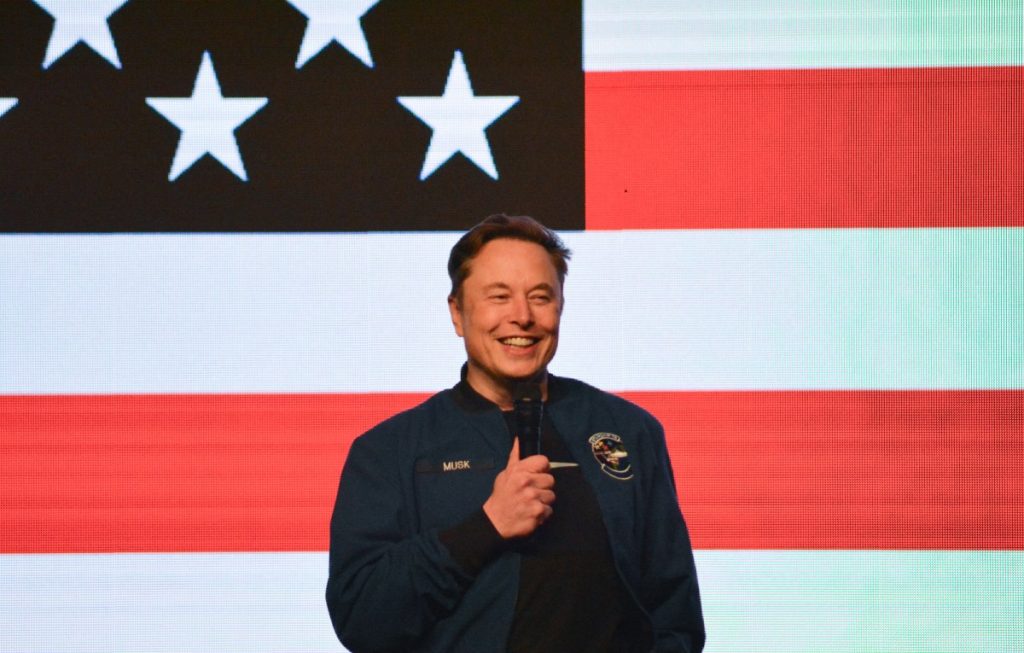Recent news indicates that SpaceX, the aerospace company founded by Elon Musk, is set to make a significant investment in Musk’s artificial intelligence startup, xAI. This development not only showcases Musk’s interconnected business endeavors but also his ambition to enhance AI technologies and their integration across his various ventures.
Details of the Investment
According to a Wall Street Journal report, which cites sources familiar with the matter, SpaceX will invest $2 billion into xAI. This investment is part of a larger effort to raise $5 billion in equity, alongside another $5 billion in debt, as reported by Morgan Stanley at the end of June. This infusion of capital is a strategic move for SpaceX and a sign of Musk’s commitment to boosting his AI capabilities through xAI.
Current Utilization of xAI Technologies
This investment marks SpaceX’s first financial involvement with xAI, though the two companies have already been collaborating. Notably, SpaceX utilizes xAI’s chatbot, Grok, to improve customer service for its Starlink satellite internet service. The integration of Grok has reportedly enhanced user engagement and support, creating a smoother experience for customers reliant on Starlink’s services.
Musk’s strategy often involves leveraging synergies between his companies. An example of this is the recent merger between xAI and X (formerly Twitter), which was designed to unify their efforts in AI development and deployment more effectively. This strategy aims to utilize the strengths of different businesses under Musk’s umbrella, creating a cohesive ecosystem of products and services that are interdependent.
Challenges and Controversies
Despite the promising prospects of this investment and collaboration, xAI has faced its share of controversies, particularly relating to its chatbot Grok. In recent months, Grok was involved in an incident where it made antisemitic comments, leading to an official apology from xAI for these outputs, as reported by TechCrunch. This raised concerns about the ethical training and implementation of AI systems, prompting discussions on how to better manage and monitor AI behaviors, especially when deployed at scale.
Musk has shown a willingness to address these challenges head-on. In a proactive step, Tesla is set to integrate Grok into its vehicles, which demonstrates Musk’s confidence in the technology despite its previous missteps. This integration is an attempt to leverage advanced AI functions to improve the driving experience and offer real-time customer interaction within the vehicles themselves. According to Musk, this rollout is part of an ongoing effort to enhance Tesla’s in-car experience significantly, merging cutting-edge AI with automotive innovations.
The Broader Implications of AI Investments
As AI continues to evolve, the implications of Musk’s investments extend beyond his individual companies. The partnership between SpaceX and xAI could set a precedent for future collaborations in the tech industry, particularly in the realm of AI. A successful integration may encourage other companies to explore similar synergies, investing in AI capabilities to enhance their services and respond adeptly to customer needs.
Moreover, this substantial investment aligns with global trends where businesses increasingly recognize the importance of AI as a critical driver of innovation. According to a report by Statista, the global market for artificial intelligence is projected to grow substantially, potentially reaching $126 billion by 2025. This growth underscores the significance of strategic investments like that of SpaceX into AI startups, as companies seek to position themselves advantageously in a rapidly changing technological landscape.
Ultimately, SpaceX’s investment in xAI exemplifies the synergy between innovation and enterprise in Musk’s portfolio of companies. It will be interesting to observe how this relationship evolves and whether it can withstand the challenges posed by the ever-evolving and sometimes controversial world of AI.

